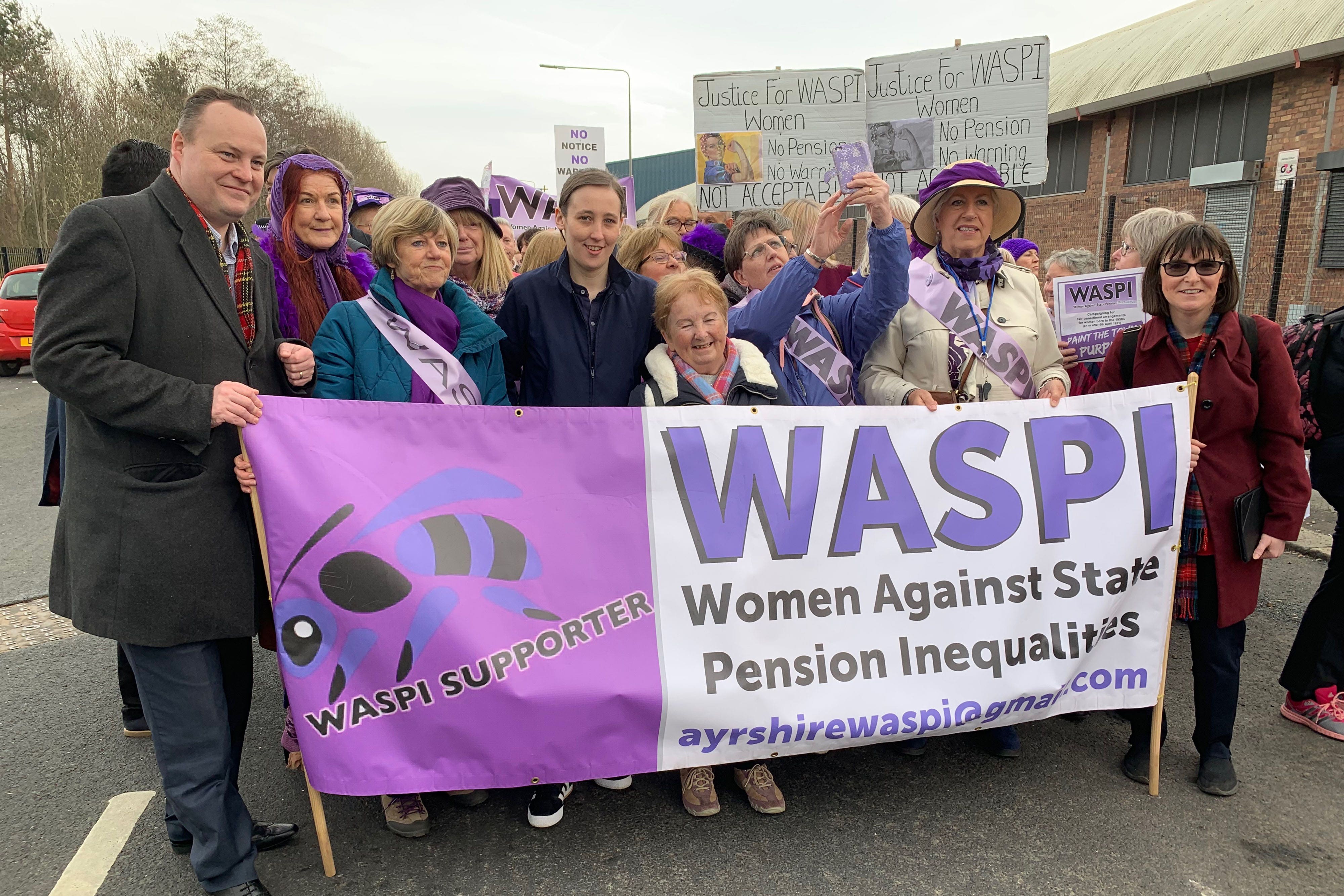More reassurances needed as people lose faith in state pension age, MPs told
Sally West, policy manager at Age UK, highlighted people’s perceptions that the ‘goal posts’ would be moved in relation to their retirement age.

More should be done to give people reassurances over the age at which they can expect to retire, a committee of MPs has heard.
Sally West, policy manager at Age UK, highlighted people’s perceptions that the “goal posts” would be moved in relation to their state pension age.
She told the Work and Pensions Committee that changes to women’s state pensions had affected confidence.
Ms West said that more support should be given to people approaching state pension age.
She said people should be “notified” and “told individually” by the DWP (Department for Work and Pensions), and also that regular checks should be made to ensure that people have “received those communications and understood it”.
She said: “There’s more that could be done to be telling people on a regular basis not just the bad news that the state pension is going up but also confirming… you can be confident that your state pension age is this age, this is how you can get your state pension forecast.
I think there's quite a job to be done in terms of reassurance and telling people don't worry, we have a policy, we're not going to be changing this
“Certainly of the interviews we carried out of people in their 50s and 60s, they didn’t have much understanding of the state pension, partly because they were too worried to find out, because they didn’t think there was anything they could do about it and they didn’t know much about it.
“They all thought state pension age was somewhere in the region of 66 but they didn’t know precisely. And there was a lot of mistrust in government and more generally.
“They thought, what’s the point, the Government’s probably going to move the goal posts again.
“And I think that’s one thing that the changes in women’s state pensions has done, is to give people less confidence that what they expected to be there when they got to state pension age is going to be there.
“So I think there’s quite a job to be done in terms of reassurance and telling people, don’t worry, we have a policy, we’re not going to be changing this. This is when you can expect to retire.”
There has recently been speculation about an announcement on the state pension age in the March Budget.
A phased increase in state pension age from 66 to 67 by 2028, and eventually 68, is already planned, but there have been suggestions the increase to 68 could be brought forward.
The DWP said in January that no decision had been taken on changes to the state pension age. A review is currently considering whether the rules around state pension age remain appropriate.
The population of pensioners is continuing to grow in relation to the working age population and the chances of reaching state pension age are continuing to increase
John Cridland, who previously carried out a review into state pension age, also gave evidence to the committee.
He said that he had not been actively involved in the debate since: “But as I understand what’s happened since, whereas in the 100 years up to around 2012-2014, we were seeing increases of the order of three years longevity per decade, in the last decade it’s more been in the order of half a year per decade.”
He added: “I think we’re still in this position that we know the pace of increase is slowing, but, the reasons, we don’t yet have enough evidence.”
He said: “I felt that there was a limit to how far one could bring forward a pension increase, an age increase, to 68, and I could not in good conscience recommend doing that before 2037-39, which was earlier than the previous policy position of (2044-46), because that had been overtaken by longevity increases, but for all the reasons said… I felt that’s as far as I could go.”
Mr Cridland also added: “I think we need to redesign job roles, such that people can continue making a contribution, whether in paid work, caring, or voluntary activity.”
Government Actuary Martin Clarke told the hearing: “A lot of studies have looked at disparities between different sectors of the population and different experiences in terms of improvements and there is evidence that a gap is widening between those areas of the population who are more affluent and those who are more socially deprived.”
He added: “The population of pensioners is continuing to grow in relation to the working age population and the chances of reaching state pension age are continuing to increase and the expectation continues to increase that you will spend longer above state pension age.”
Bookmark popover
Removed from bookmarks